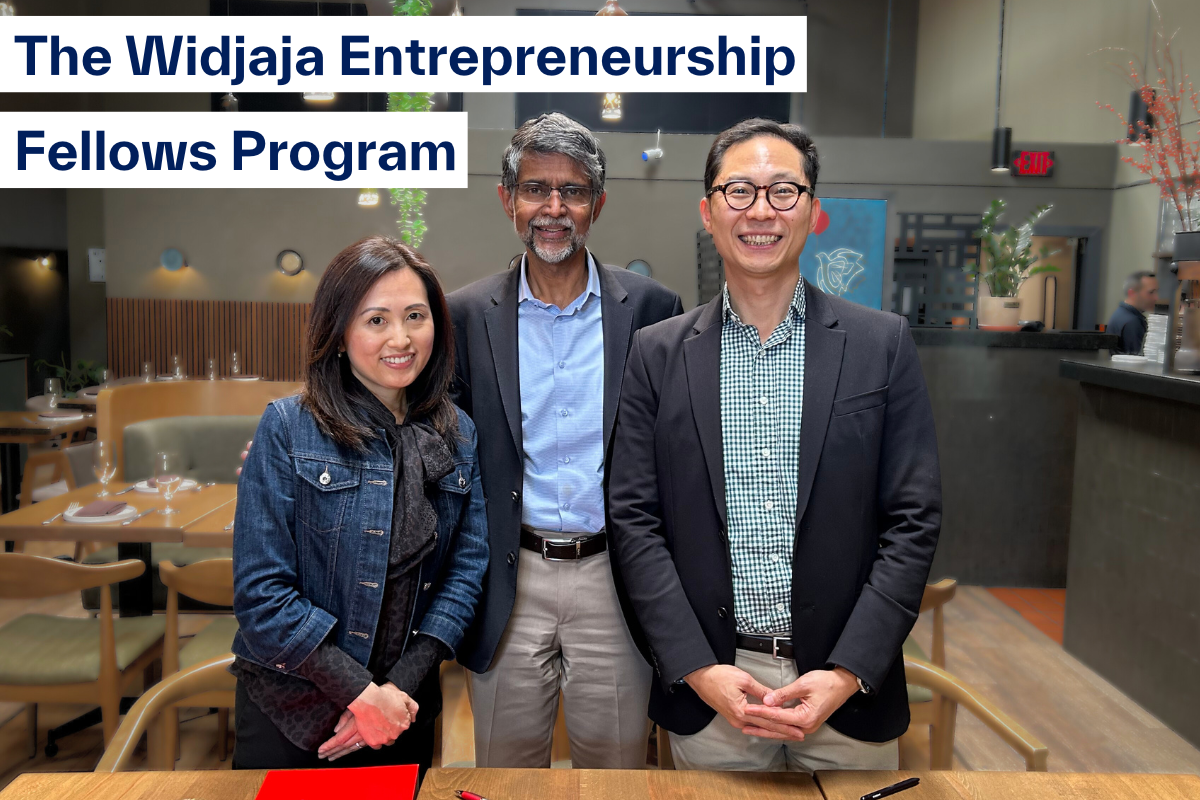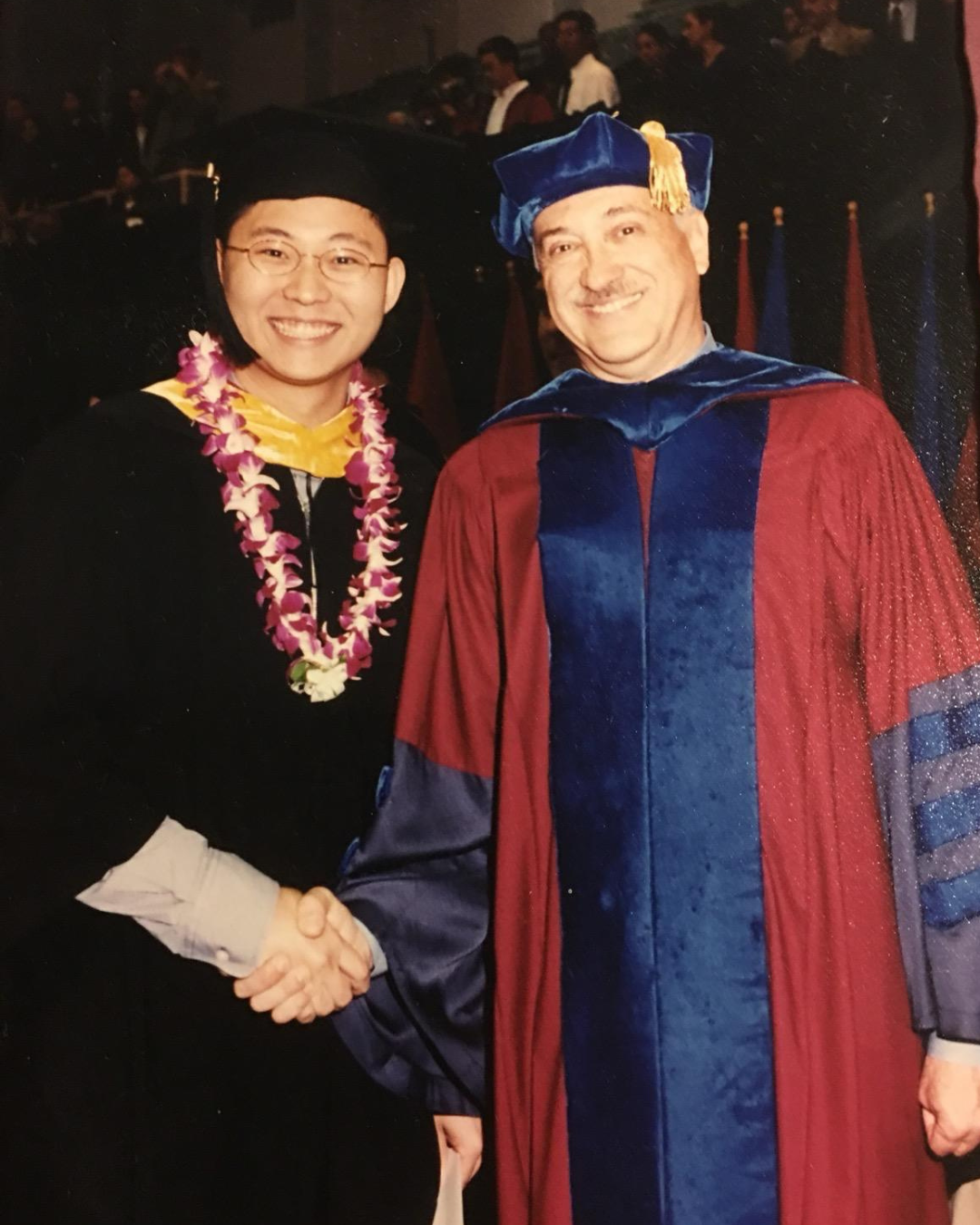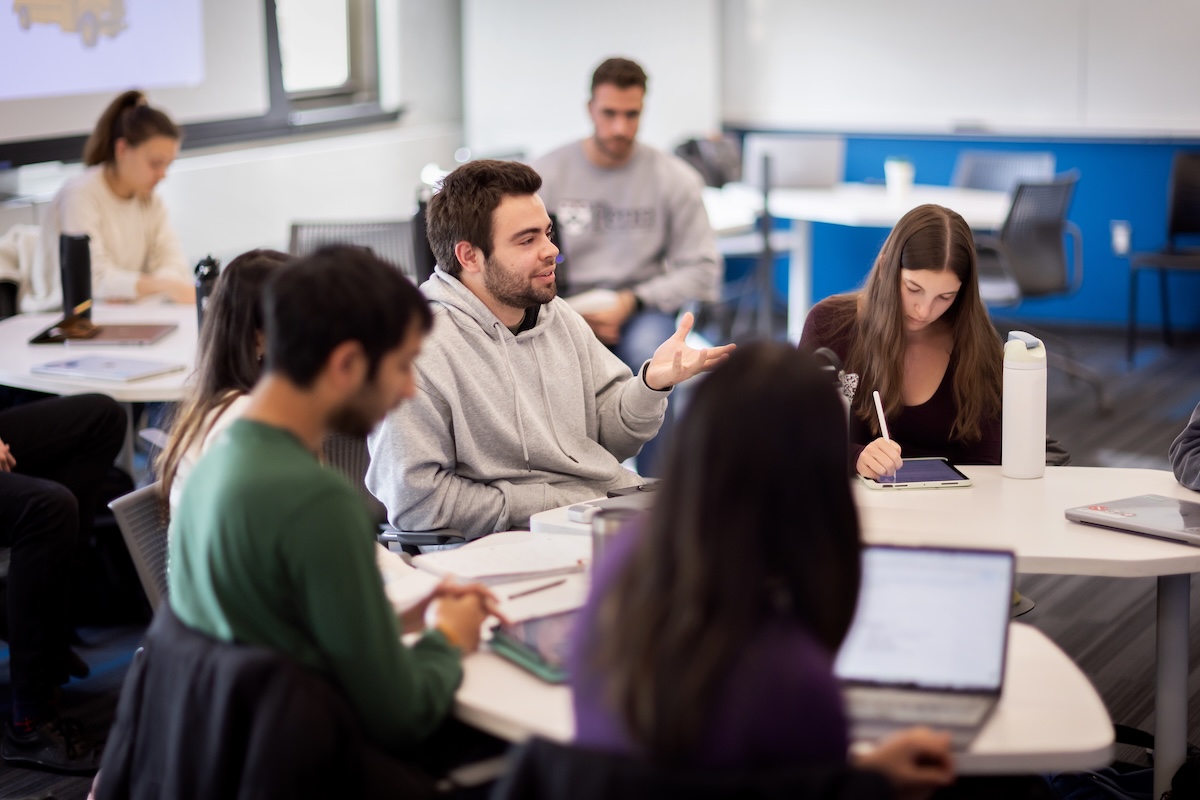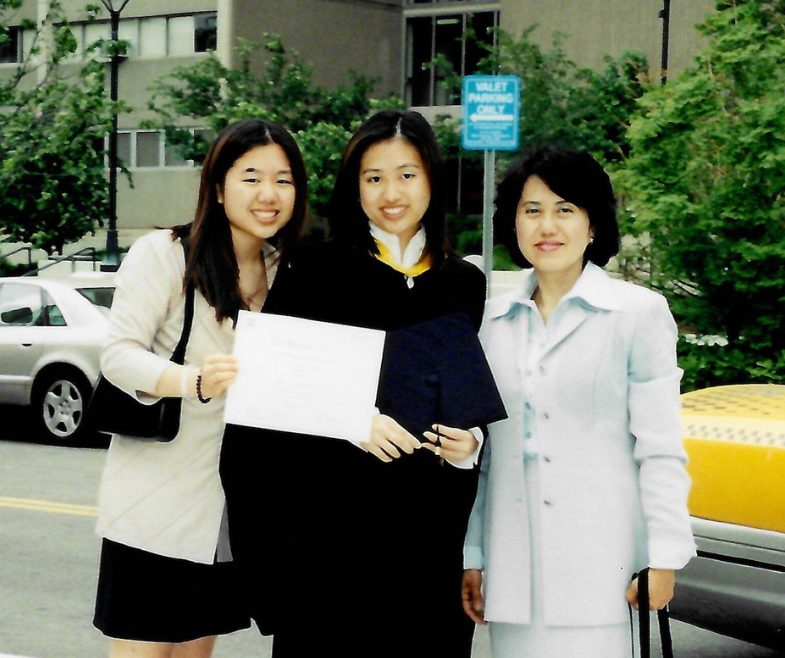
Neither Sugi Widjaja (EE’00) nor Millie Wan (W’01) pictured themselves attending Penn.
Widjaja, who moved from Asia to Santa Monica, California, for his senior year of high school, expected to attend community college, then transfer to a four-year school. “My parents didn’t graduate from high school,” he says. “All they wanted for me was to get a college degree.”
Fortunately, an enterprising counselor at Santa Monica High School encouraged him to aim higher.
Wan, for her part, never imagined leaving Canada. But during her first week at the University of British Columbia, a classmate told her about Penn’s reputation for business, and Wan soon found herself taking the SATs and preparing to transfer.
Penn not only introduced them to each other, but also to a world of opportunity they could never have envisioned. “Penn gave us a panoramic view of what was possible,” says Wan.
Supporting the Next Generation
The couple has since traveled the globe, living in Asia and Silicon Valley while raising a family, with Widjaja working at the intersection of engineering and business.
“I’ve seen firsthand how entrepreneurship in technology has changed the lives of millions of people,” says Widjaja, a partner at Capital Group.
Now, they are giving back in a way that reflects their journey — by endowing the Sugi and Millie Widjaja Entrepreneurship Fellows Program, which offers Penn Engineering students an immersive experience that combines coursework, mentorship and paid summer internships.

“My college experience changed my life, and I am so grateful to Penn,” adds Widjaja. “Millie and I are committed to paying that forward — helping students not just succeed, but lead and give back.”
The program itself is highly selective, drawing some of the best and brightest undergraduate and graduate students in Penn Engineering. By fostering a culture of innovation, the program empowers not just the Fellows but also the wider student body — helping to embed entrepreneurial thinking as a defining feature of the School’s academic environment.
“Entrepreneurship is a mindset as much as it is a skill set,” says Vijay Kumar, Nemirovsky Family Dean of Penn Engineering. “Through the Widjaja Fellows Program, our students gain not just knowledge, but also the experiential learning and the confidence to take risks, embrace failure and innovate.”
Blending Engineering and Business
The brainchild of Tom Cassel (ME’68, GME’73, Gr’79), Practice Professor in Mechanical Engineering and Applied Mechanics and the founder of Engineering Entrepreneurship (EENT), the Widjaja Fellows Program introduces a select group of Penn Engineering students to the fast-paced world of startups and venture capital.
“Programs like this demystify the startup world,” says Vanessa Chan (MSE’94), Jonathan and Linda Brassington Practice Professor in Materials Science and Engineering and Vice Dean of Innovation and Entrepreneurship at Penn Engineering. “Students walk away with the confidence and knowledge to launch companies, join startups or become the next generation of venture investors.”

Over the course of the academic year, Fellows take part in a rigorous, hands-on experience that blends academic coursework, real-world internships and direct mentorship from seasoned entrepreneurs. “I was amazed at the career opportunities coming out of Penn,” says Widjaja. “But this program is about offering students another option, which is entrepreneurship.”
By integrating classroom learning with real-world application, the Widjaja Fellows Program prepares Penn Engineers to transform ideas into scalable ventures — an opportunity inspired by the belief in bridging theory and practice that Widjaja and Wan have long championed.
From Computers to Tech Investing
Widjaja still remembers his first computer, which used quarter-inch-thick floppy disks to run programs and store data. His brother had moved to the U.S. for college, and the computer let them keep in touch. “Email was just being introduced,” Widjaja recalls. “That’s how we primarily communicated, because it was cheaper than calling.”
For someone interested in technology, like Widjaja, the computer also represented a gateway to untold innovations. “I always liked tinkering,” he says. He even tried programming his own video games.
But it wasn’t until the dot-com bubble, which inflated towards the end of his time at Penn, that he started exploring how technology and business overlapped. “A few college friends and I were doing a lot of investing in equity markets,” he recalls. Most of their bets failed, but he could see a way forward, one that combined his interest in technology and investing.
In the early 2010s, Widjaja returned to Asia, where he met and invested in many entrepreneurs who took advantage of the “SoLoMo” (Social, Local, Mobile) trend to build multibillion dollar businesses. His experience observing this phenomenon became a key motivator for him to help support the next generation of aspiring entrepreneurs at Penn Engineering.
Daring to Fail
Most venture capital bets fail, as do most startups. The only way venture firms make money is by placing lots of bets, expecting that the winners will pay for all the failures — and then some.

For students who only stay within the confines of the classroom, that lesson can be hard to learn, since it runs counter to the ethos of grading. No one gets rewarded for failing a test, or for succeeding a fraction of the time.
Widjaja and Wan see the Fellows Program as an antidote to that type of thinking, as the program gives students real-world experience in a startup. “Some of the most successful people in the Bay Area and beyond have failed many, many times,” says Wan.
In their view, the only way to build the tenacity that leads startups and investors to long-term success is to start failing as early as possible. “It’s important to cultivate a mindset where you are not afraid to take on some risk, whether it’s putting your heart and soul into developing a wild new idea or dropping everything to move to the other side of the globe for a new job,” says Wan.
Building a Legacy
Widjaja and Wan hope that, by endowing the Fellows Program, they will be able to plant a seed from Silicon Valley in Philadelphia, not only sustaining the program’s current offerings, but expanding them to leverage the power of Penn’s alumni network.
“I’ve seen how entrepreneurship and technology have been so revolutionary in so many parts of the world, even in emerging markets,” says Widjaja. “I want Penn students, in particular engineering students, to imagine what is possible and ask themselves: what can I do to change the world?”
To learn more about the Widjaja Entrepreneurship Fellows Program, please visit the program’s webpage and read about it in Penn Engineering Today. Student applications open each fall.
If you are interested in supporting Engineering Entrepreneurship, please contact Alissa Lurie, Senior Director of Development, at alurie@seas.upenn.edu.
